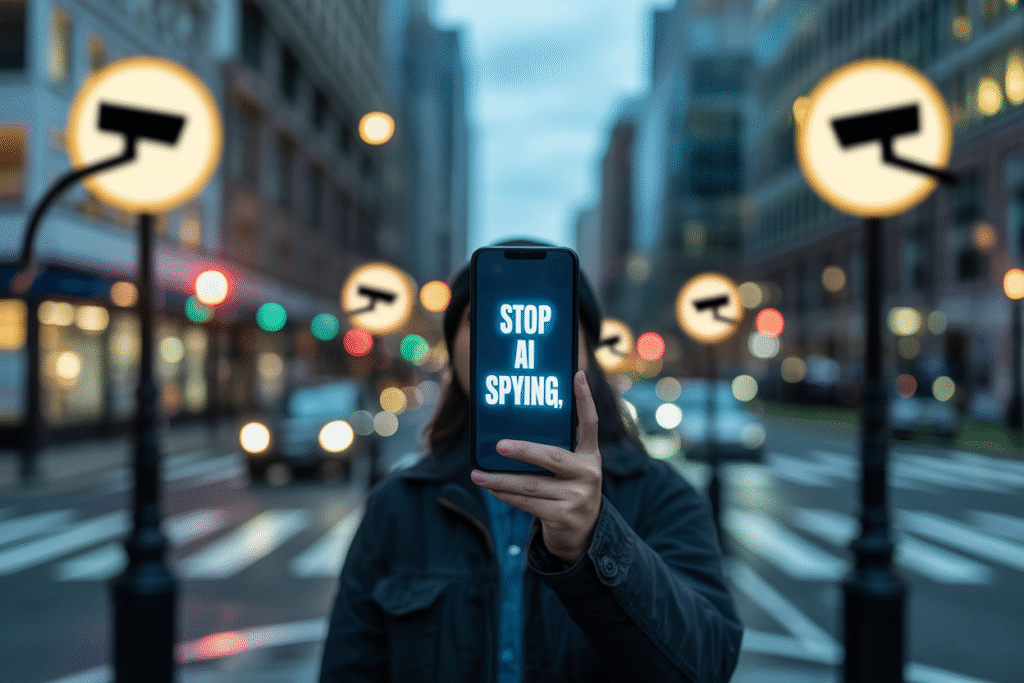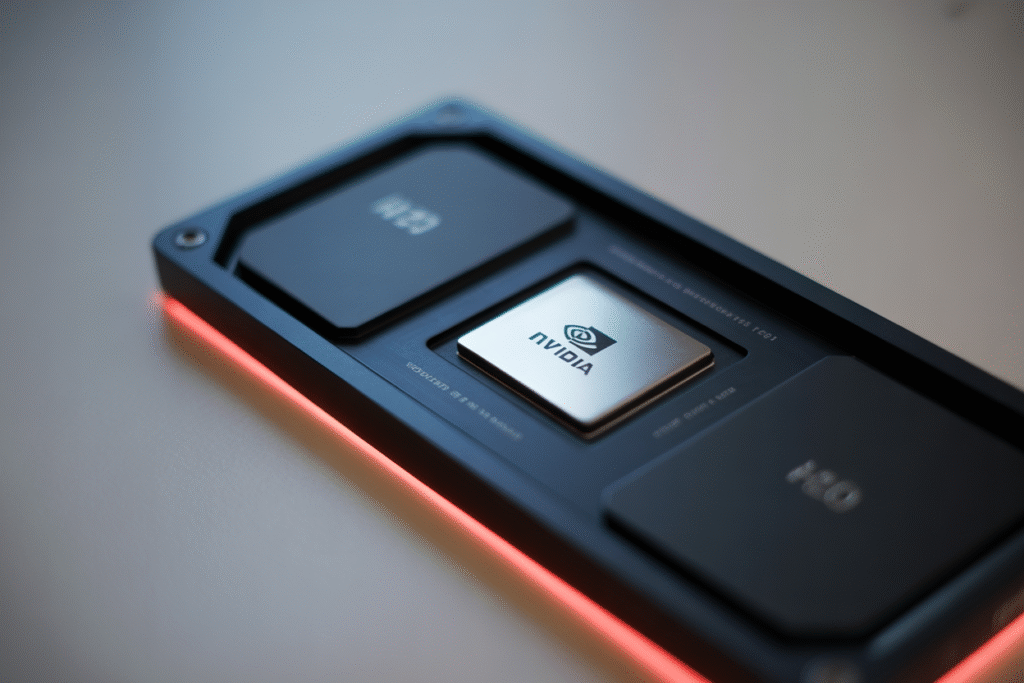From Austin protests to privacy-first apps, five fresh stories reveal how AI is rewriting human relationships—faster than our ethics can keep up.
AI and human relationships just collided in real time. In the last three hours, protests, app launches, and ethics reports have flipped the conversation from “what if” to “what now.” Here’s the rapid-fire rundown you can’t ignore.
The Speed of Trust: Why AI Relationships Just Got Real
Remember when the biggest worry about a new app was whether it would drain your battery? Those days feel quaint. Today, the hottest AI tools promise to read your emotions, predict your next move, and even replace your friends—yet nobody asked if we actually want that.
In the past three hours alone, five separate stories have lit up social feeds, each one tugging at the same thread: AI and human relationships are colliding faster than our ethics can keep up. From Austin city hall to Apple’s App Store, the debate is no longer theoretical. It’s loud, messy, and happening right now.
Below, we unpack the five flashpoints you’ll be hearing about all week—and why each one matters to anyone who texts, tweets, or simply exists online.
Austin’s AI Surveillance Revolt
Austin, Texas, is supposed to be weird—not watched. Yet at noon today, protestors crowded city hall waving signs that read “Stop AI Spying.” Their target? A plan to install Chinese-made cameras with built-in facial recognition.
Louis Rossmann, the straight-talking tech YouTuber, live-streamed the scene to 23,000 viewers. His message was simple: once these cameras go up, privacy dies by a thousand cuts. Supporters argue the tech will cut crime. Critics counter that it will track every face, every protest, every mistake.
The city claims safeguards are in place. Protestors aren’t buying it. Their fear? Data leaks, biased algorithms, and the slow creep of a surveillance state. One speaker asked the crowd, “If a camera can spot a shoplifter, what stops it from flagging a political activist?”
Online, the hashtag #Clippy—mocking unchecked AI overreach—started trending within minutes. Memes of HAL 9000 wearing a cowboy hat flooded timelines. Engagement spiked: 162 likes, 43 replies, and counting. The takeaway? People are ready to fight for the right to walk down the street unseen.
The Ethics Scoreboard No One Asked For
While Austin debated cameras, Recall Network dropped a bombshell report: 50 top AI models, including GPT-5 and Claude, went head-to-head in an ethics showdown. The twist? Real users judged them, not lab coats.
The arena tested eight skills—coding, empathy, safety, and more. No single model dominated. Some aced code but flunked empathy. Others sounded caring yet gave dangerous advice. One judge noted, “It’s like hiring a genius who’s also a sociopath.”
Why does this matter? Because these models are already answering therapy apps, dating chats, and HR bots. If they can’t handle moral nuance, the fallout lands on us. Imagine an AI counselor telling a teen to “just chill” during a panic attack.
The report’s transparency is refreshing. Leaderboards update in real time, and anyone can vote. Still, the gaps are glaring. Until ethics scores match coding scores, trusting AI with human emotions feels like handing car keys to someone who hasn’t learned to brake.
Zebra AI’s Privacy-First Promise
Just as skepticism peaked, Zebra AI slid onto the Apple App Store promising “AI without surveillance.” Built on Web3 tech, it encrypts every message and claims zero data harvesting.
Early adopters are intrigued. Picture chatting with an AI that forgets you the moment you close the app. No ads, no trackers, no creepy follow-up emails. The team calls it “sovereign AI”—a digital butler that works for you, not Big Tech.
Skeptics raise eyebrows. Blockchain-based apps have a history of slow speeds and clunky UX. Others worry about darker uses: if conversations are truly untraceable, do they become a haven for harassment or worse?
Still, the launch feels symbolic. After months of headlines about data grabs, a privacy-first option lands in the world’s most curated store. One user tweeted, “It’s like Signal and ChatGPT had a baby—and the baby respects boundaries.” Whether Zebra scales or stalls, it’s forcing rivals to answer a simple question: why does your AI need to know my birthday?
Deepfakes, Digital Humans, and the Trust Receipt
Not every AI story ends in dystopia. ANTIX is building blockchain-secured digital humans—think deepfake-proof avatars for gaming, film, and virtual meetings. Their pitch? Authenticity you can verify.
The team boasts ex-Netflix and Disney talent, aiming to fight the rising tide of deepfake scams. Imagine a Zoom call where a holographic CEO signs contracts, and anyone can check the blockchain to confirm it’s really them.
Yet the ethical maze thickens. If a digital human can cry on cue, does it deserve rights? Who’s liable if it gives bad advice? And what happens when these avatars start replacing actors, influencers, even friends?
Meanwhile, TEN Protocol argues that secure AI agents—not just avatars—need Trusted Execution Environments. Their post racked up 51 likes and 53 replies, igniting debate on whether verifiable security is the next gold rush or just another buzzword buffet.
The common thread across all five stories is urgency. AI isn’t coming; it’s here, wearing a friendly face and asking for your trust. The question is: will we give it blindly, or demand receipts?


